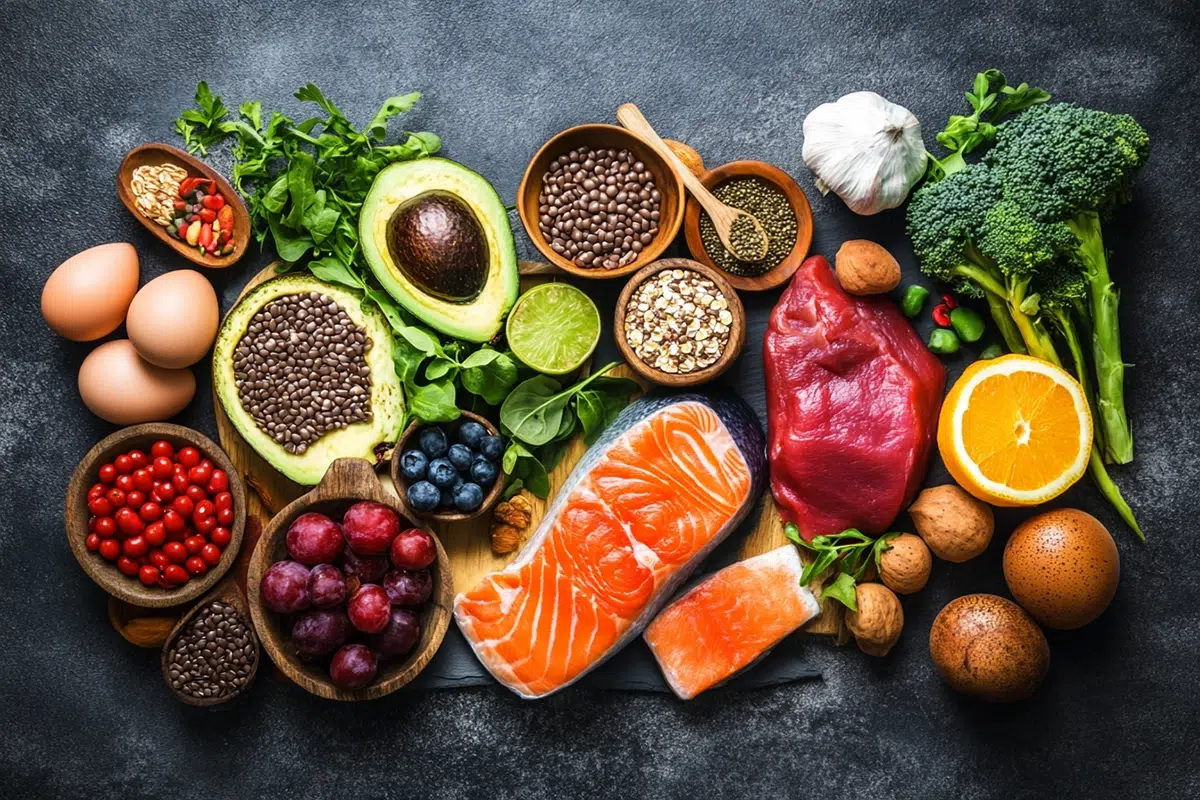Show summary Hide summary

We all experience stress from time to time: Whether it’s from a challenging job, an overbooked schedule, our everyday worries or family responsibilities. However, when stress is experienced over a prolonged period of time it become a threat to your health and it can severely impact your weight too.
Chronic stress, such as anxiety, anguish or negative emotions, can contribute to what’s known as emotional weight gain. So, how can you stop this from happening?
Are you trying to lose belly fat and reach your ideal body weight?
Uncover More REGIVIA Tools to Reach Your Goals:
Why does stress make you gain weight?
Cortisol, the stress hormone that affects weight gain
When you are faced with an intense short-term stress situation, your body will secrete several hormones to help you overcome the danger. The best-known hormone isadrenaline, which uses up all your available energy and stimulates your senses. Cortisol, the other stress hormone, supplies the body with energy by converting fat reserves into sugars. It will direct this energy to where we need it, such as our leg muscles if we want to run fast to escape! Cortisol also maintains the body’s energy balance throughout the day. As a general rule, all these mechanisms stop once the stressful situation has passed.
But if you suffer from chronic stress, your body will switch into “stress, long-term danger” mode and produce too much cortisol. Cortisol goes into overdrive, increasing fat storage in the abdomen and reducing muscle mass. This is why chronic stress can lead to belly fat.
Comfort foods lead to weight gain
In the event of stress or intense emotions that are difficult to manage, many people tend to compensate for their anxieties with food. Not because they’re hungry, but because they’re looking for comfort. This is known asemotional eating. The problem is that, generally speaking, the foods eaten during these stressful episodes are fatty and sweet.
In fact, we’ve all done it: eating a pastry or a food we particularly like can temporarily alleviate the stress we’re feeling, calm anxiety and produce a feeling of well-being. Under the influence of sweet foods, the body increases the secretion of serotonin, the happiness hormone, which has a calming effect. These sweet treats bring us comfort.
Eating when you need comfort is not a problem in itself when it’s a one-off episode. It becomes more of a problem when the behaviour is repetitive. In the long term,emotional eating will have an impact on your weight and your BMI (Body Mass Index). Chronic stress leads to emotional weight gain.
Does stress-related weight gain affect men and women differently?
In general, men are just as affected by periods of stress as women, but not in the same way.
Women who are hormonally affected (menstruation, pregnancy, menopause, etc.) are more likely to gain weight because they are subject to more periods of stress and are more sensitive to them. For women, compulsive sweet eating is more prevalent.
As for men, they gain weight differently in times of stress. In the rush of everyday life, they are more likely to opt for the quick and easy rather than a balanced diet. Meals are disorganised and menus tend to be very fatty.
How can you avoid putting on weight when you’re stressed?

Here’s a few tips on how to avoid gaining weight when you’re stressed
To avoid putting on weight due to stress, it’s essential tolearn how to manage your emotions. There are a number of ways you can stop being a slave to food when you’re stressed.
Tip 1: Practice some relaxation techniques for stress relief
Methods such as sophrology or yoga will help you de-stress and improve your mood. Cardiac coherence exercises based on rhythmic breathing will also lower stress hormones and reduce your desire to eat.
Tip 2: Follow cognitive behavioural therapy
For those who are more sensitive to stress and anxiety and want to change their deeply rooted compulsive behaviour, cognitive behavioural therapy provides a better understanding of the vicious circle of stress through physical, psychological and emotional feelings. It’s also a way of getting rid of negative thoughts and letting stress and food take over.
Tip 3: Practice sport regularly to avoid stress-induced weight gain
Practising a physical activity that you enjoy or that you find easiest to do will help you get rid of your negative emotions. What’s more, sport gives you a feeling of well-being thanks to the release of hormones and neurotransmitters secreted by the body after exercise. Practise it regularly in your free time and, if possible, at least once a week.
Tip 4: Improve your sleep habits
Lack of rest can leave you feeling very nervous. Stress-related fatigue can then accentuate compulsive eating and increase your appetite. To avoid this vicious circle, good sleep hygiene is essential:
- Get to bed at the first sign of sleep to overcome stress-related insomnia
- Replace screens with a good book to help you fall asleep
- Take a warm bath thirty minutes before going to bed to de-stress
- Fall asleep to relaxing music and do meditation exercises to chase away negative thoughts
- Avoid sports late at night and eat a light supper
What are the causes of weight gain?
















